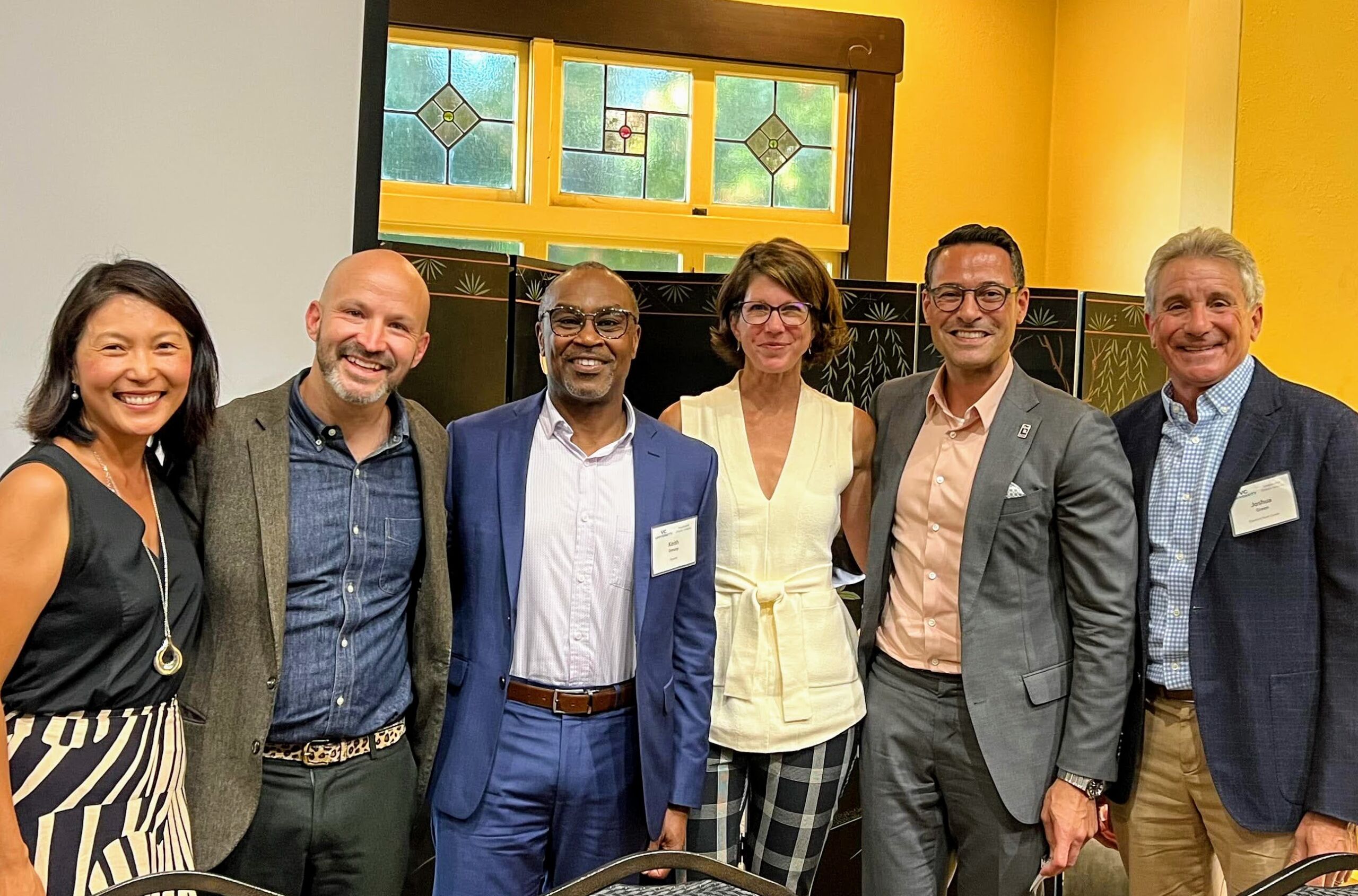How can companies best find the kind of diverse board candidates who offer the depth of experiences and skills needed in today's competitive market?
Companies seeking to create boards of directors that reflect the diversity of their stakeholders must look beyond traditional channels for individuals with a different set of skills and perspectives, according to a panel of board search and venture capital executives.
The discussion came during The Independent Director Initiative, a two-day program designed to help individuals from under-represented backgrounds land board directorships in venture-backed private companies.
During the session, panelists warned CEOs not to rely solely on their networks or to strictly target C-suite credentials to staff a board. Company leaders need to reevaluate their criteria and methods for filling board seats and broaden their pool of candidates.
“It’s a loss for the companies that can’t see these candidates, and it’s a loss for the prospective candidates who don’t get to bring their expertise into the boardroom,” said Ann Shepherd, co-founder of Him for Her, an organization aimed at addressing women’s under-representation on corporate boards. It’s also a loss, Shepherd noted, for all those stakeholders who are invested in the company.
Search and reach beyond personal networks
Before starting Him for Her, founder Jocelyn Mangan interviewed more than 90 CEOs and sitting directors — all of them men — and found that all filled their last board appointment with someone from their personal network. “It makes sense if you’re filling a board seat to go to people you know and trust,” Shepherd explained, cautioning that such an approach often excludes potential talent, especially among people of color.
The key to disrupting this approach is to “teach boards and teach the people seeking board positions to fish where the fish are,” said panelist Keith Dorsey, an executive recruiter at global search firm Boyden. “There is rarely malice behind executives’ process for filling board seats — it’s just that people don’t know where to find a pipeline of candidates.”
 Members of the panel on board diversity, held during the recent “Independent Director Initiative”
Members of the panel on board diversity, held during the recent “Independent Director Initiative”
Executive search firms can help bridge the gaps between these networks and the diverse candidates that corporations hope to reach, said Dorsey, warning, however, that search firms also need to consider making changes to how they work with aspiring board members. His research showed that women in particular felt some reticence in dealing with old-line executive search firms, where they sometimes felt unheard.
“The talent is out there,” said Ozzie Gromada Meza, vice president of member and talent services at the Latino Corporate Directors Association (LCDA). Meza highlighted the work the LCDA has done amplifying the talents of those pescados — or fish, in Spanish — in the Latino community. When working with potential board candidates, Meza said it’s important that the individual’s mission and values match those of his organization.
Panelist Josh Green, a former venture capitalist and corporate director, said he believes those corporations that are genuinely committed to serving stakeholders are naturally motivated to pursue board diversity. “The principles of stakeholder capitalism give guidance to making that happen,” Green said, explaining that in stakeholder capitalism, companies orient their activities to satisfying the needs of shareholders, employees, customers, and the community in which they operate.
Too often, however, organizations mistake diversity goals for embracing representation — so-called “board washing,” Green noted. And in those situations, diversity candidates must be prepared to ask the hard questions of the interview panel and even step away, if necessary, he added. “If you truly see a focus and devotion to stakeholder capitalism principles, then I think it becomes of interest.”
Find your “you-sized” hole on a board
Seeking out diversity also means considering candidates with experience and skills outside of the CEO and CFO to other executives in the C-suite, panelists explained. “What we have to do a little bit differently right now is challenge those boards as to why they’re seeking yet another CEO or CFO,” said Dorsey. “If you have nine [board] slots and you currently have eight CEOs or CFOs today, what are you hoping to get from a ninth?”
Companies must look to other executives to find the skills that today’s rapidly changing business world demands, Shepherd said. She urged board hopefuls to evaluate and highlight their competency in a few key areas — such as functional and industry expertise, customer and business model experience, and scale — and then explain their specific value to boards.
Overall, panelists said that board seekers should do their homework and determine which of their favorite companies would be the best fit for their own skill set. “Clean up your LinkedIn, do your homework, and develop your value proposition by looking at the skills needed on several of your favorite boards,” Meza explained.
Beyond that, candidates should “know that you have a story to tell,” he added. Relying too heavily on the resumé gives short shrift to human elements that can make certain candidates more relatable. “How you deliver your message is going to be super-key,” he said. “It’s a brand thing that you’re trying to build, so just be very cognizant of that.”
When it comes to the mechanics of securing a board position and serving as a director, the panelists offered advice on everything from advisory roles to knowing the right time to leave. Fit is important, panelists advised, especially in the areas where boards typically focus — management, service, and governance.
In the end, “it’s all about serendipity… and finding the board with the you-sized hole in it,” Shepherd observed.







